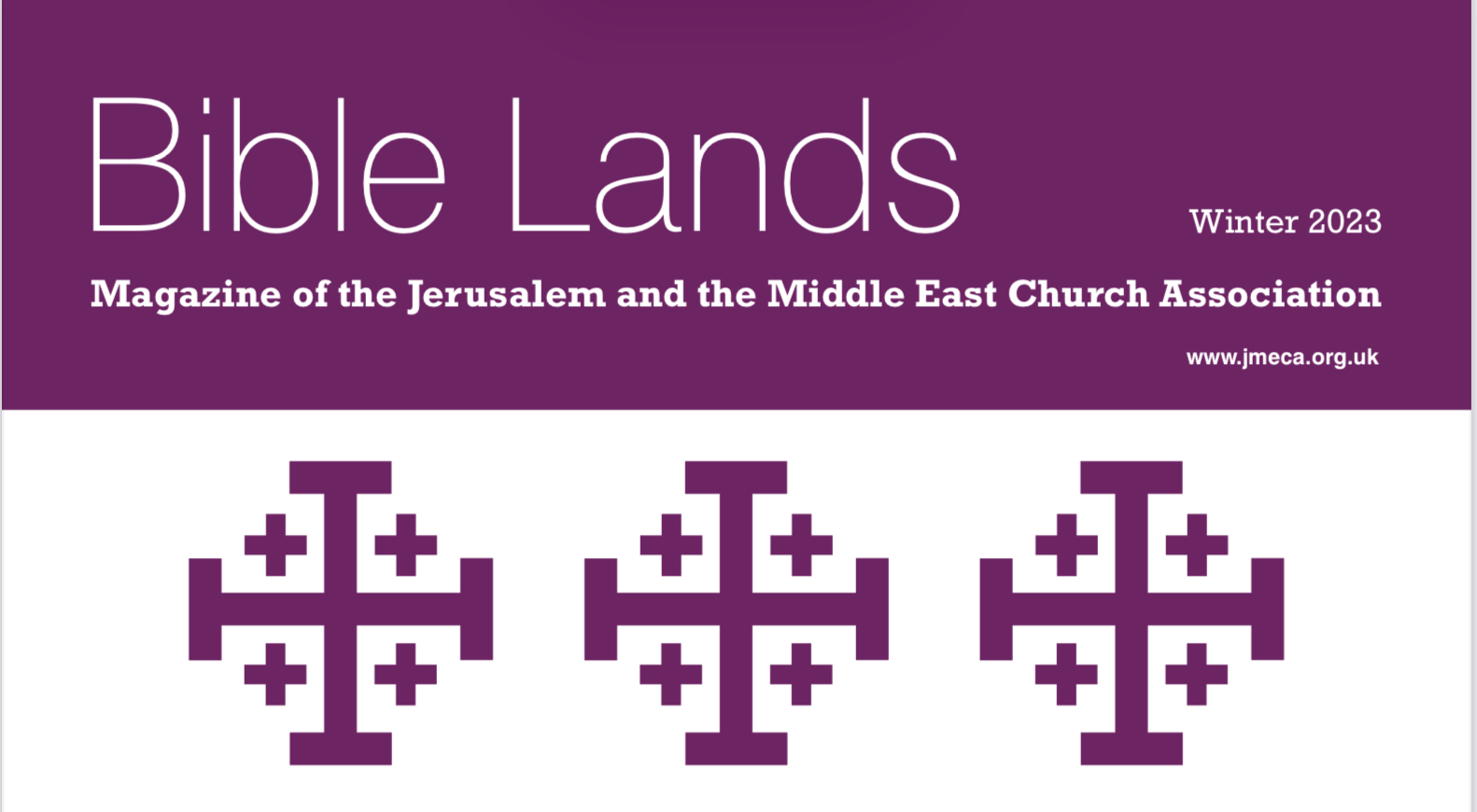NO STRANGER to Iran, its People, and its Church is the memoir of Pastor Tat Stewart, about his life and work, published by Talim in 2023. Tat was born in 1946, a son of medical missionaries to Iran. He spent much of his childhood in Tabriz, and later in Mashhad, Hamadan, and Tehran where he met his future wife Patty. Tat’s entire life has been shaped by the experience of living among and working with Iranians which has enabled him to become an effective shepherd for a whole new generation of Persian Christians in Iran and among the diaspora.
Tat and Patty are both Farsi speakers, and Tat is equally fluent in the Azari dialect which he learned in growing up in Tabriz. Ordained a Presbyterian minister in the USA, he and Patty returned to Iran where Tat was appointed Pastor to the evangelical churches. Immersing himself in Iranian life, Tat’s working life was exemplary of his response to God’s calling. Although he and his family were forced to leave during the 1979 Revolution, an opportunity presented itself for them to return briefly a few months later to continue to minister to Iranians. This was a rare opportunity to witness the changes imposed by the new Islamic regime and the surprising ways in which God’s spirit was moving among Iranians within a church that was, and still is, largely underground.
Post-Revolution Tat continues to pastor Iranian Christians from the USA. He is a keen promoter of SAT-7 PARS, the Persian language Christian satellite station, chief editor of the quarterly magazine SHABAN, and a founder of TALIM Ministries—all of which provide pastoral guidance and Christian literature for Persian-speaking Christians. He continues to be sought-after as a speaker at Christian Conferences throughout the Iranian diaspora, and is a popular mentor to Iranian Christians, especially in the USA where he and his wife now live.
Pastor Tat Stewart’ memoir is an inspired comment on the rewards and challenges of cross-cultural evangelism. His deep love for Iranians and single-minded dedication in spreading the Good News among them shines through all its pages. I recommend his book to anyone interested in the growth Christianity among Persians and within a Muslim context.
Additional comments:
- Tat’s umbrella term Persian Church refers to the evangelical mission church movement in Iran, which was Presbyterian. There is little mention of the Anglican Communion, or of the regular Farsi church services in the Episcopal churches in Tehran, Isfahan and Shiraz. This is an important omission, with regard to the book’s subtitle.
- Tat believes there were two reasons for which the Anglican Church in Iran was targeted particularly harshly by the Islamic regime when other Protestant denominations did not receive the same hostility: Firstly, because Bishop Hassan was a Muslim convert who did not change his name on conversion, and also continued to uphold his right as an Iranian citizen despite ‘apostasy’. Secondly, because the other churches in Iran were under nominal leadership of Armenian pastors, and so were protected from the ire of the new regime.
- There is an error (memory slip?) when the author writes that he was present at Bahram’s funeral at St Peter’s Anglican Church in Tehran (sic, p.90). Since Bahram’s funeral was actually held at St Luke’s Church in Isfahan, perhaps he meant that the had attended a memorial service for Bahram in Tehran – at St Paul’s Church.








